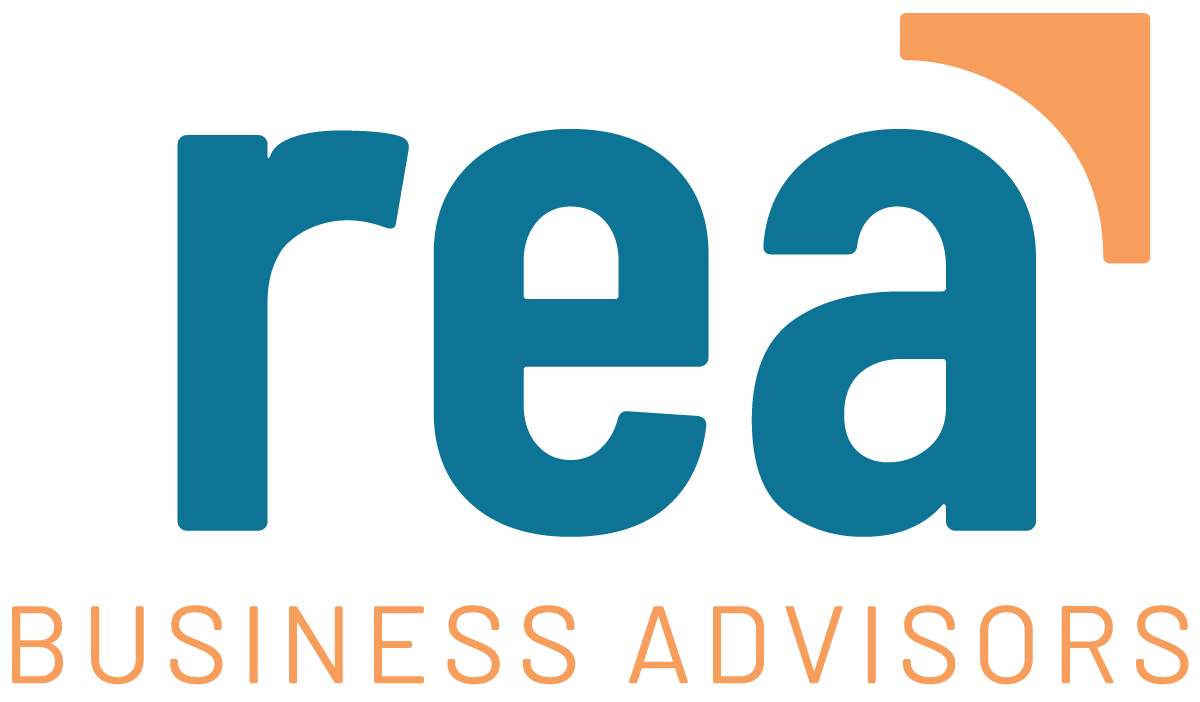
You’ve invested years cultivating your business success. Now, as you consider stepping away, you face a crucial decision that will shape both your company’s future and your personal legacy: Should you pursue an internal sale to those already invested in your business’s success, or seek an external buyer who might bring fresh perspectives and resources?
Understanding Your Exit Options
The path you choose depends largely on your priorities – whether they center on maximizing financial returns, ensuring business continuity, or preserving the culture you’ve carefully built. Let’s examine how these options align with your goals.
Learn More About our Exit Planning Services
The Value of Internal Sales
When you sell to family members, co-owners, or your management team through a Management Buyout, you’re placing your legacy in the hands of those who truly understand your business’s inner workings. An internal sale often provides:
- Smoother operational transitions
- Preserved company culture and employee relationships
- Flexible timing for ownership transfer
- Potential tax advantages through structured sales
- More control over the sales process
However, internal sales typically involve longer payout periods and navigation of complex personal dynamics with family members.
Understanding the Internal Sale Process
Internal sales require careful structuring and planning to benefit both parties. Family succession is a route, which allows you to pass the business on to the next generation, while receiving payment for your company. Management Buyouts present another option, where your leadership team purchases the business, often combining their resources with external financing or seller financing. Employee Stock Ownership Plans (ESOPs) offer one approach, allowing employees to gain ownership while providing tax benefits.
These transitions demand thorough succession planning. The next generation of leaders needs time to develop their skills and understand all aspects of the business. This preparation period proves invaluable for maintaining client relationships and business performance during the ownership change.
External Sale Considerations
Selling to outside parties – whether to competitors, industry newcomers, or private equity firms – brings different opportunities and challenges. External sales often feature:
- Higher initial valuations
- Shorter payout periods
- Potential for immediate full exit
But remember, external buyers might implement significant changes affecting your company’s culture and employee relationships. It may take significant time to attract buyers and the due diligence process and negotiations can be complex and stressful.
Maximizing Value in External Sales
To attract qualified buyers and maximize your sale price, consider these key factors:
Financial Performance: Buyers scrutinize your financial statements, looking for consistent growth and solid profit margins. Clean, well-documented financials demonstrate professional management and reduce perceived risk.
Growth Potential: External buyers often pay premium prices for businesses with clear expansion opportunities. Document your market position and growth initiatives.
Management Strength: A capable management team that remains post-sale adds significant value, showing the business can thrive without the owner’s daily involvement.
Making the Right Choice
Consider these key factors when weighing your options:
Financial Goals: External sales typically offer higher upfront payments, while internal sales might provide more flexibility and better long-term tax advantages.
Business Continuity: Internal sales usually ensure smoother transitions and maintain existing relationships with employees and clients.
Legacy Protection: Your choice should align with your vision for the company’s future and your personal definition of success.
Timing Your Exit
The best time to start planning your exit isn’t when you’re ready to leave – it’s now. A well-executed transition typically requires 3-5 years of preparation. This timeline allows you to:
- Strengthen financial performance
- Develop and document efficient processes
- Build a strong management team
- Structure the deal for optimal tax benefits
- Address potential obstacles before they impact value
Looking Ahead
The decision between internal and external sales represents more than a transaction. It’s securing the future you envision for your family and your business. Your choice will impact not just your financial outcome, but also your employees, customers, and the legacy you’ve built.
Ready to explore your options? Our business valuation team at Rea brings decades of experience helping business owners like you make informed decisions about their future. Contact us to discover how we can help you build the right exit plan for your unique situation.
The article presented is for informational purposes only. Please consult a specialist for advice regarding your unique circumstances.


